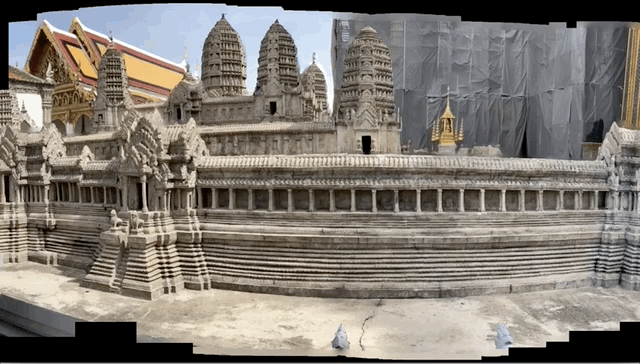Facebook first showed off its 3D photos back in 2018, and shared the technical details behind it a month later. But unless you had one of a handful of phones with dual cameras back then (when they weren’t so common), you couldn’t make your own. Today an update brings 3D photos to those of us still rocking a single camera.
In case you don’t remember or haven’t seen one lately, the 3D photos work by analyzing a 2D picture and slicing it into a ton of layers that move separately when you tilt the phone or scroll. I’m not a big fan of 3D anything, and I don’t even use Facebook, but the simple fact is this feature is pretty cool.

The problem is it used the dual-camera feature to help the system determine distance, which informed how the picture should be sliced. That meant I, with my beautiful iPhone SE, was out of the running — along with about a billion other people who hadn’t bought into the dual-camera thing yet.
But over the last few years the computer vision team over at Facebook has been working on making it possible to do this without dual-camera input. At last they succeeded, and this blog post explains, in terms technical enough that I’m not even going to attempt to summarize them here, just how they did it.
The advances mean that many — though not all — relatively modern single-camera phones should be able to use the feature. Google’s Pixel series is now supported, and single-camera iPhones from the 7 forward. The huge diversity of Android devices makes it hard to say which will and won’t be supported — it depends on a few things not usually listed on the spec sheet — but you’ll be able to tell once your Facebook app updates and you take a picture.
